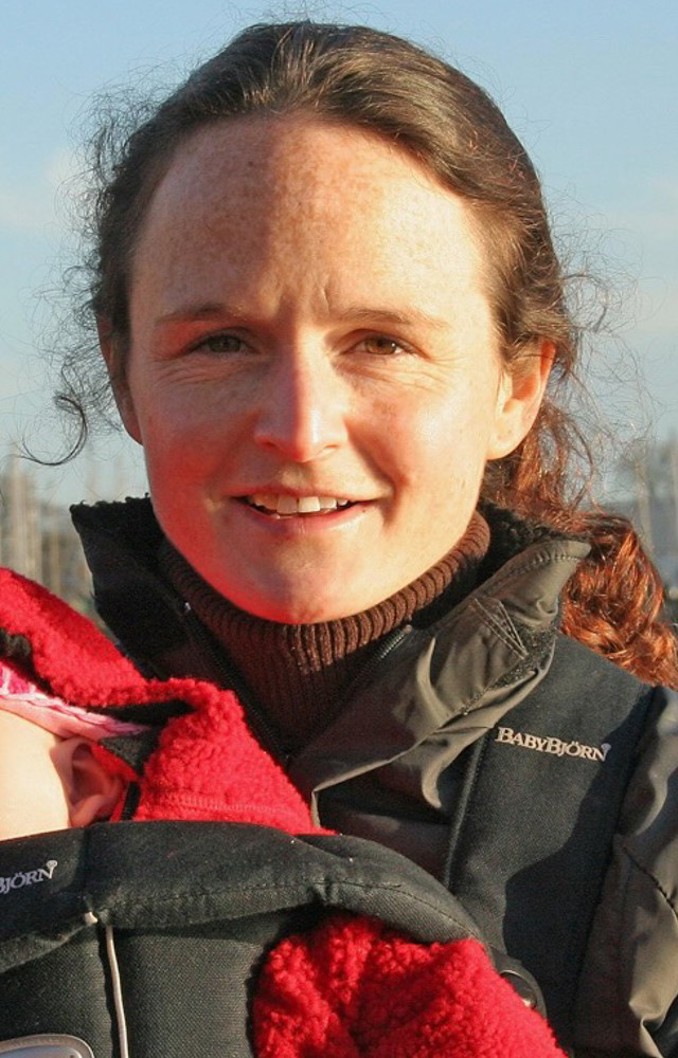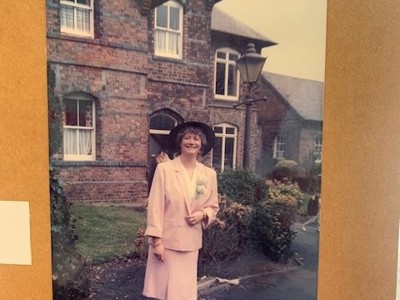Coroner issues Prevention of Future Deaths report to NHS Trust following death of Wickham teaching assistant
A coroner has raised serious concerns about Hampshire and Isle of Wight Healthcare NHS Foundation Trust’s failure to provide mental health risk assessment training for staff and its lack of engagement with the families of those in its care.
Posted on 28 August 2025
The concerns are raised in a Prevention of Future Deaths (PFD) report which follows the two-day inquest into the death of Samantha Young, a 49-year-old teaching assistant from Wickham, Hampshire.

In a narrative conclusion given on 5 June 2025, HM Assistant Coroner Henry Charles stated that Samantha “had done all she could to help herself and remain in the life of her daughter” and seek mental health support before taking her own life in November 2023.
At the time of her death, Samantha was under the care of her local Community Mental Health Team (CMHT). The inquest heard that, despite her repeated pleas to be sectioned or admitted to hospital due to fears she would take her own life, staff failed to carry out suitable risk assessments or provide additional support to Samantha.
In the weeks leading up to her death, Samantha had raised concerns with her GP, who contacted the CMHT to express his concerns. She spoke directly to her mental health nurse, explaining that she felt unsafe and believed she needed to be hospitalised. She also reached out to a mental health text service, expressing suicidal thoughts. Police conducted a welfare check at her home, and she called NHS 111 — with details of the call shared with the CMHT.
Despite these repeated pleas for help, the inquest in June heard that the CMHT failed to carry out appropriate risk assessments, did not escalate Samantha’s case, and offered no additional support.
Samantha was left without adequate crisis care and was instead provided with the number for an out-of-hours telephone line, which the court heard was not answered on several occasions.
The inquest also heard that Samantha had consented for the mental health team to share details of her mental health with her family. At no point did the CMHT contact Samantha’s family to inform them of her condition or to seek their input on how best to support her.
The Trust had previously been warned about the dangers of failing to communicate with families. A PFD report highlighting the issue had been published less than four months before Samantha died.
In his PFD report, HM Assistant Coroner Henry Charles raised concerns over the lack of mental health assessment training for agency staff used by the Trust and the lack of engagement that the CMHT has with the families of those in their care. He said Hampshire and Isle of Wight Healthcare NHS Trust should review its provision of training for agency staff, in particular in respect of risk assessments. He quoted concerns raised by the senior coroner in a previous PFD report and said Hampshire and Isle of Wight Healthcare NHS Trust should review guidelines and procedures concerning communication with family and friends of patients with mental health difficulties by its permanent and agency staff, and monitoring of whether such communication has taken place.
Samantha’s family is represented by Julia Reynolds, a partner in the clinical negligence team at law firm Leigh Day.
Samantha’s family said:
“We believe the trust’s mental health team effectively assisted in the death of our sister. In the last 10 days of her life, unknown to the family, Sammy self-rescued by calling emergency and mental health services three times. She begged them to take her into hospital; to keep her safe and protect her daughter from her own painful experience of losing a parent to suicide. Three times members of the CMHT refused Sammy’s pleas for help and did not remove the means of suicide. This was after years of failing to offer Sammy treatment.
“Sammy’s death is in a long list of cases in which desperately ill mental health patients have been denied their right to treatment by NHS mental health services. This needs an independent investigation. Without the NHS being held to account for their failings more people will die.”
Julia Reynolds said:
“This has been an exceptionally distressing case. Samantha was a much-loved and devoted mum to her daughter who should have received the support she was crying out for. It is quite remarkable the lengths that Samantha had gone to seek help. But that help was simply not provided.
“The inquest into her death found that she was badly let down by mental health services, to whom she repeatedly expressed her need for help. Her situation should have been escalated, and her family should have been informed.
“It is a matter of grave concern that this is not the first time a family has lost a loved one due to mental health struggles where a coroner has had to make a Prevention of Future Deaths report about this Trust.
“I sincerely hope that this tragic case results in improvements in the mental health support provided by Hampshire and Isle of Wight Healthcare NHS Foundation Trust so that another family does not have to endure the heartbreak that Samantha’s family has.”

Julia Reynolds
Julia Reynolds specialises in Clinical Negligence and heads up the team in Cardiff.

Worcestershire care home staff did not prioritise resident safety before death of grandmother Margaret Medlicott, coroner concludes
An inquest into the death of Margaret Medlicott, who died after she was pushed over at a care home has concluded that neither she nor the fellow resident who caused her death should have been placed at the home because of restrictions it was under following critical reports from the care watchdog.

Inquest finds failings by Sussex mental health services contributed to the death of 25-year-old TikTok influencer Imogen Nunn
An inquest has found that failings by mental health services at Sussex Partnership NHS Foundation Trust (SPFT) contributed to the death of 25-year-old TikTok influencer Imogen Nunn.

